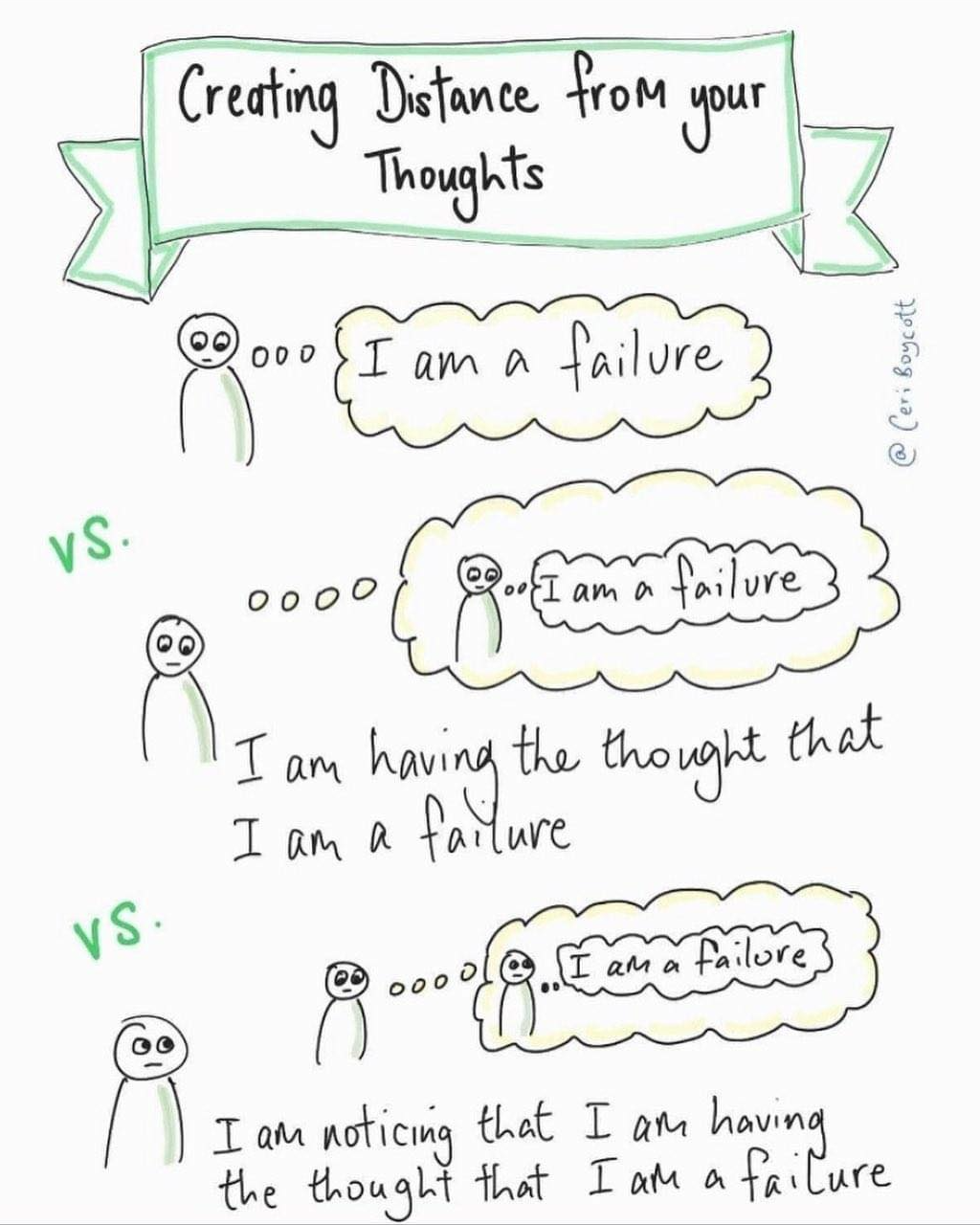My pregnancy has not been a walk in the park. (Whose is??) Nausea and exhaustion have been an ever-present part of my experience this whole first trimester — today officially marks 13 weeks!
The thing is, the most insidious symptom I’ve experienced so far is depression.
On good days, I show up for clients, film a video, answer emails, write posts, and have energy leftover for quality time with Matt… giggling and staring at each other saying ‘there’s a baby in there!’ as we still wrap our heads around this new reality.
Those days are the buoys that carry me and remind me the dark times won’t last forever.
On bad days, I can’t get out of bed until 3pm. I have no desire or motivation to work or create anything, let alone even take a shower or walk outside with Sadie. Meals get substituted with bowls of cereal and fruit. Hours pass by way of napping or numbing.
Matt has been a truly compassionate and supportive partner throughout this process, thankfully, never pressuring me to do more than I say I can handle.
But y’all… depression is hard and awful.
I’m no stranger to this feeling, as I’ve experienced depression and anxiety during various chapters in my life before.
I haven’t experienced it, however, in this stage in my business, as a pregnant woman, or when I’m *this* excited about life and my future.
It’s taken me a long time to understand that being depressed is not the same thing as being unhappy. They can sometimes overlap, and being unhappy can certainly cause situational depression… but we can experience depression even when we’re happy with our lives.
Right now my business is doing great, my body is performing miracles, and I’m thrilled to become a mom… and my emotional landscape is about as vibrant as the Mojave Desert.
So, I thought I would share with you what has been getting me through it and how I’ve handled my imposter syndrome of being a depressed life coach.
1. Simplify priorities
I’ve been finding that on the down days, my capacity to take care of myself and my to-do list just isn’t there, so prioritizing becomes important.
I ask myself, “If I were to pick 1-3 things to prioritize today, what would they be?”
From there, I reach out to a friend, a colleague, my coach, or Matt to let them know my plan. I let them know, “I need a little extra accountability today to complete this, so can you check in with me by ___ pm to see if it’s done?”
Often at least one of those items is related to a self-care priority (like showering, taking a walk, or talking to a friend), and the others relate to taking care of my business.
By lowering my expectations and pressure on myself, I create a ‘winnable game’ for myself.

On days where I have more energy, I give myself permission to do as much as I have energy for without the need to “fully catch up” and send myself into my next crash.
I again simply set priorities that I have the energetic space for, and put down any temptation to compare myself to the day before or my non-depressed self.
2. Allow space for doing nothing without judgment
Historically, I have pushed myself through bouts of depression to “keep up” with life and “do self-care” in the same way it looks when I’m not depressed.
It’s always been a mixed bag. Sometimes, I thank myself for willing myself to do something that’s good for me. Sometimes, I resent the hell out of it and just wish I were back in bed.
In this season of my life, my “willpower” is a very limited resource and one that costs a lot of energy – so I’m using it sparingly.
Instead, for probably the first time in my life, I’m allowing for a tonnnn of space to do nothing.

The interesting result is that I’m functioning really well when I need to (i.e. during my work hours).
You might have read my previous blog about how I’m making space for pregnancy in my business by limiting my work hours to around 4 per day.
That means there’s about 10 other hours in the day where I let myself rest if I need to and just take care of myself – a luxury I know I will relish when my child is born.
The *key* to actually resting, in my experience, is letting go of the floods of judgment that pass through my brain that want to sabotage my rest.

Most of my life, I have judged the shit out of myself for what I believed was lazy, worthless behaviors… like lying around doing nothing.
If I entertained these thoughts, my “doing nothing” would just be beating myself up in disguise.
Instead, I notice them, name them, reach out for support, and/or express them creatively.
I may not be the *most* responsible I have ever been for juggling all the balls of my life… but I have been HELLA responsible for how my thoughts are influencing my experience right now.
And it’s making all the difference.
3. Support and self-awareness
As I’ve mentioned in pretty much every blog here, and several times throughout this entry, support has been crucial.
Having grown up used to lone-wolfing my way to success or through the dark passages of life, this openness to support from all around me is still a relatively new part of my life.
For context, I work with a therapist and a life coach weekly, who help me in very different but harmonious ways to look at my life for opportunities to heal and create from my circumstances.
But support in this time has also taken a village of friends and chosen family.
The willingness to let people in when your brain is telling you “everyone hates you” and “no one cares” and “nothing can help you, so you might as well stop trying” is a really difficult space to be in.
Willingness to be seen, to be heard, and to ALLOW people’s love to buoy you, is a choice.
It’s also not a on-off light switch kind of choice. If we’ve been programmed to isolate ourselves physically and emotionally when we feel this way, it takes a courageous amount of practice to keep letting people in.
Self-awareness of these walls I put up, my unwillingness to believe people love and accept me as I am, and my tendency to judge myself through these periods have all led to brand new experiences this time.
I ask for extra words of affirmation (my top love language) from people in my close circle, and *most importantly* I take my walls down to believe them.
I let my clients and team members know (with appropriate boundaries) what I‘m experiencing, and affirm that I am fully ‘here’ when I’m in a session with them. I’ve actually found working with my clients provides a delightful respite from my own brain, and I leave re-energized. (That’s when you really know you’re standing in your zone of genius, eh?)
I identify intrusive thoughts (depression’s lies) and distance myself from them.
None of those would be possible without developing deep levels of self-awareness that don’t just identify “that thing I do” – but the kind of self-awareness in the moment that can actually break the pattern.
4. Leading from exactly where I am
Recently in the Powerhouse Program, a participant opened a fascinating conversation about “how much is too much to share vs. being real and vulnerable?”

Many voices chimed in, sharing their experience of everything from hiding it all and “performing” the role of leader, to oversharing and burdening others with the urge to help us feel better, to finding a happy middle ground where you can be honest and real without disclosing and dumping.
I have played in all arenas of this, and have lately been practicing as intentionally as possible this middle ground with all of my clients.
I cannot pretend that pregnancy and this depression leaves me unaffected.
I also cannot disrupt my role and commitment to them as their coach and program leader.
So my approach has looked like:
- Answering the question “How are you?” honestly and expressing what I’m grateful for
- Sharing what I’m experiencing lately, and what I’m practicing while I move through it
- Choosing to share only things that do not activate my nervous system (meaning, when I say them, they do not energetically rattle me or spike my heart rate)
By being honest and open with my clients, which gives them and me access to my human experience, while also honoring my energetic boundaries, I have found my clients feel connected to me and see me walking the walk – imperfectly, intentionally, and compassionately – just as I help them do.
I certainly have moments where fear and judgments come up in my mind about being a life coach going through depression, and how that *must* mean I’m a fraud and imposter.
But again, when I look outside of myself and see my clients and other leaders I admire who deal with depression regularly, and who manage to lead extraordinary lives, I try to relate to myself the same way I relate to them.
Depression does not define me just like it does not define them.
It doesn’t mean I’ve done something wrong, or that I’m not good enough just as I am.
I must remind myself (practically daily) that I am lovable, worthy, and safe, always and unconditionally.
5. Schedule things I look forward to
Finally, the last piece of the puzzle for my approach to wading through this period of depression is finding pockets of joy, silliness, and fun.
After all, life is short… and my desire is to milk this miraculous existence for all it has to offer.
And laughter is like balm to my soul. When I can chuckle at myself, at a joke, or at something-that-got-me-laughing-and-now-I-don’t-even-remember-but-I’m-still-laughing… it gives me a haven of hope that life can and will be filled with light again soon.
So with that said, I’m consuming as much comedy as I can find on the internet and TV.
I’m also finding ways to visit water (like the beach, lakes, pools, rivers, etc.) because my inner mermaid needs it.
I’m scheduling virtual and in-person dates with friends.
I follow spontaneous urges that spark excitement, like going to get ice cream, visiting our farmers market, going to a local pool, etc.

Wherever there is light and joy to be found, I let it in.
Moving through depression is hard, but light and love can be found.
My hope in sharing these struggles (and strategies) is that you find that light for yourself in whatever ways help you, and know that you are not alone.
If this blog resonates with you, feel free to reach out for support or just friendship as we walk through life.


